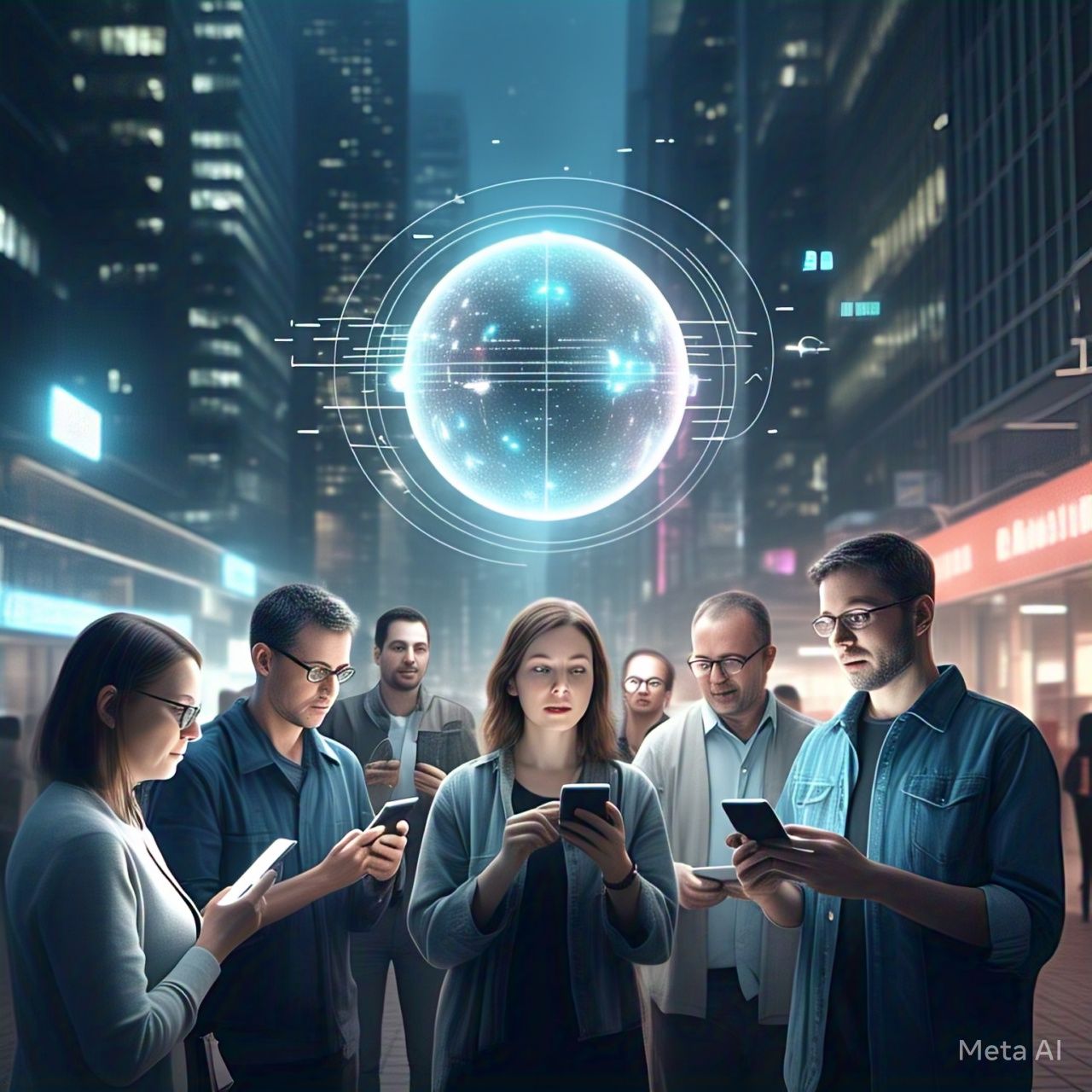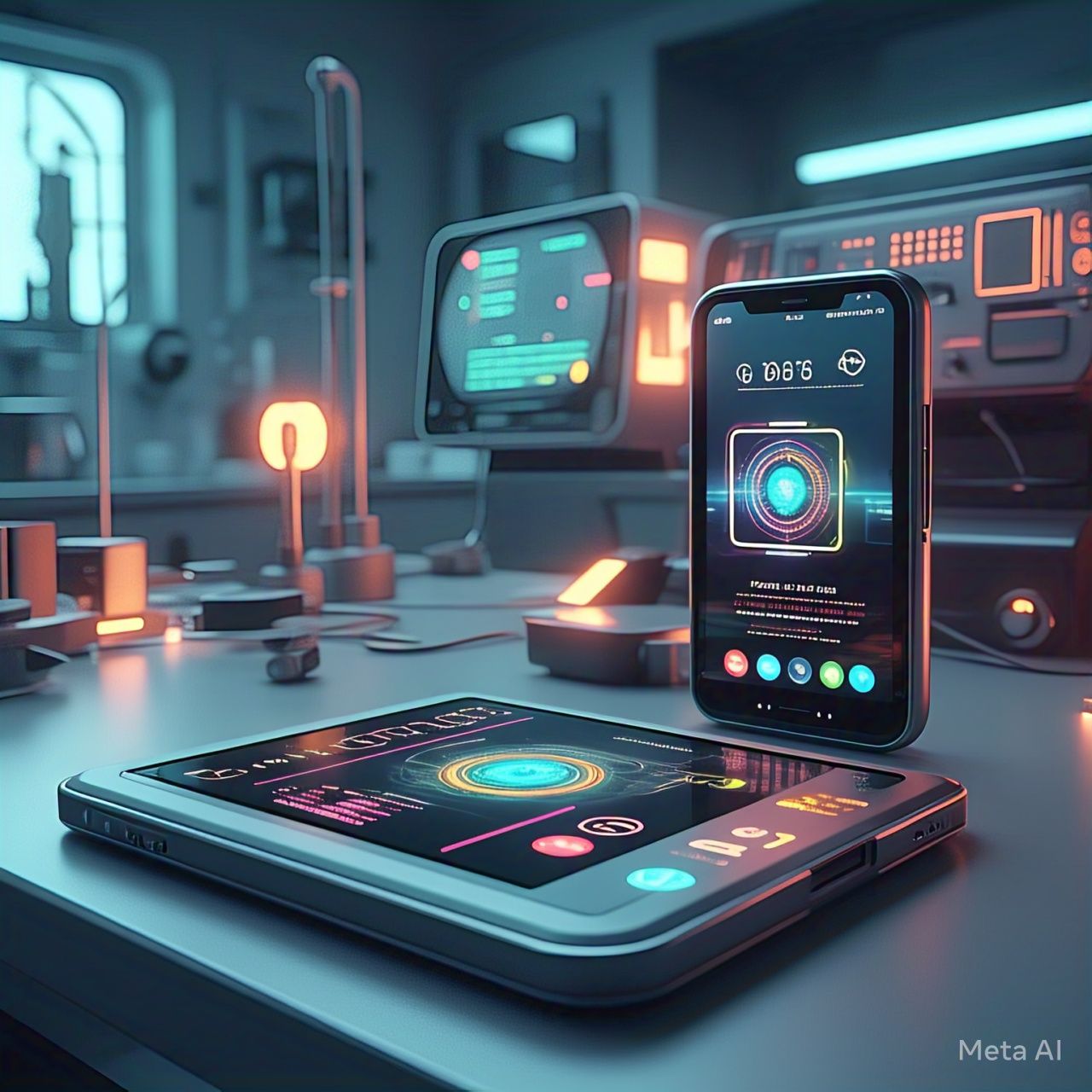Table of Contents
- Introduction
- The Role of AI in Human Resources
- AI for Talent Acquisition
- AI in Employee Onboarding
- AI for Performance Management
- How AI is Revolutionizing Recruitment
- AI-Powered Resume Screening
- AI-Driven Candidate Matching
- Chatbots for Initial Interviews
- Predictive Analytics in Hiring
- AI in Employee Engagement and Retention
- The Benefits of AI in HR and Recruitment
- Challenges and Ethical Considerations
- The Future of AI in HR and Recruitment
- Conclusion
- FAQs
1. Introduction
Artificial Intelligence (AI) is reshaping the landscape of Human Resources (HR) and recruitment by automating processes, enhancing decision-making, and improving the candidate experience. Companies are leveraging AI to streamline hiring, reduce bias, and make data-driven HR decisions. This article explores how AI is revolutionizing HR and recruitment, its benefits, challenges, and what the future holds.
2. The Role of AI in Human Resources
AI is playing a pivotal role in HR by automating administrative tasks, enhancing employee experiences, and improving workforce management.
2.1 AI for Talent Acquisition
AI helps HR teams source, screen, and shortlist candidates more efficiently, reducing the time-to-hire and improving the quality of hires.
2.2 AI in Employee Onboarding
AI-driven onboarding platforms provide personalized training, answer new employee queries through chatbots, and ensure seamless integration into the company.
2.3 AI for Performance Management
AI analyzes employee performance data to provide insights into productivity, strengths, and areas for improvement, helping HR managers make informed decisions.
3. How AI is Revolutionizing Recruitment
3.1 AI-Powered Resume Screening
AI algorithms can scan thousands of resumes in seconds, filtering candidates based on predefined criteria such as skills, experience, and qualifications.
3.2 AI-Driven Candidate Matching
AI matches candidates to job openings by analyzing job descriptions, resumes, and past hiring data, ensuring a better fit for both the employer and the candidate.
3.3 Chatbots for Initial Interviews
AI-driven chatbots conduct initial screenings, ask predefined questions, and evaluate responses, allowing HR professionals to focus on more complex hiring tasks.
3.4 Predictive Analytics in Hiring
AI predicts candidate success based on historical hiring data, improving hiring accuracy and reducing employee turnover.
4. AI in Employee Engagement and Retention
AI helps HR managers measure employee engagement through sentiment analysis, pulse surveys, and predictive analytics, identifying potential attrition risks and improving retention strategies.
5. The Benefits of AI in HR and Recruitment
| Benefit | Description |
|---|---|
| Faster Hiring Process | AI reduces the time needed to screen resumes and conduct interviews. |
| Improved Candidate Experience | AI chatbots provide instant responses and personalized interactions. |
| Reduced Hiring Bias | AI minimizes unconscious bias by focusing on data-driven hiring decisions. |
| Cost Savings | Automation reduces HR operational costs and improves efficiency. |
| Enhanced Workforce Planning | AI-driven insights help companies plan for future hiring needs. |
6. Challenges and Ethical Considerations
- Bias in AI Algorithms: AI can inherit biases from training data, leading to unfair hiring decisions.
- Privacy Concerns: AI-driven recruitment collects vast amounts of candidate data, raising security and privacy issues.
- Human Touch in Hiring: Over-reliance on AI can reduce the personal aspect of hiring and employee engagement.
- Integration Challenges: Implementing AI into existing HR systems can be complex and costly.
7. The Future of AI in HR and Recruitment
- AI-Driven Career Pathing: AI will help employees plan career growth within companies.
- Enhanced Diversity Hiring: AI will improve unbiased hiring practices and promote workplace diversity.
- AI-Powered Training and Development: Personalized learning experiences will enhance employee skills and productivity.
- Voice and Emotion AI in Interviews: AI will analyze tone, facial expressions, and emotions to assess candidate suitability.
8. Conclusion
AI is revolutionizing HR and recruitment by automating processes, reducing biases, and improving hiring accuracy. While AI offers numerous benefits, organizations must address ethical concerns and balance automation with human interaction. The future of HR and recruitment lies in AI-driven solutions that enhance efficiency, improve employee engagement, and foster inclusive workplaces.
9. FAQs
Q1: How does AI improve recruitment?
AI automates resume screening, candidate matching, and interview scheduling, reducing time-to-hire and improving hiring accuracy.
Q2: Can AI eliminate bias in hiring?
AI can reduce hiring bias, but it must be carefully trained and monitored to avoid inheriting biases from historical data.
Q3: What are AI chatbots used for in HR?
AI chatbots handle initial candidate screenings, answer HR-related questions, and assist with onboarding.
Q4: How does AI help with employee retention?
AI analyzes employee engagement data to predict turnover risks and recommend retention strategies.
Q5: What is the future of AI in HR?
The future includes AI-driven career pathing, diversity hiring, personalized training, and emotion AI in recruitment.
References
- Bessen, J. (2021). “AI and the Future of Work.” MIT Press.
- Harvard Business Review (2022). “How AI is Changing the Recruitment Process.”
- McKinsey & Company (2021). “AI in HR: Balancing Efficiency and Ethics.”
- IBM (2023). “The Role of AI in Human Resource Management.”





